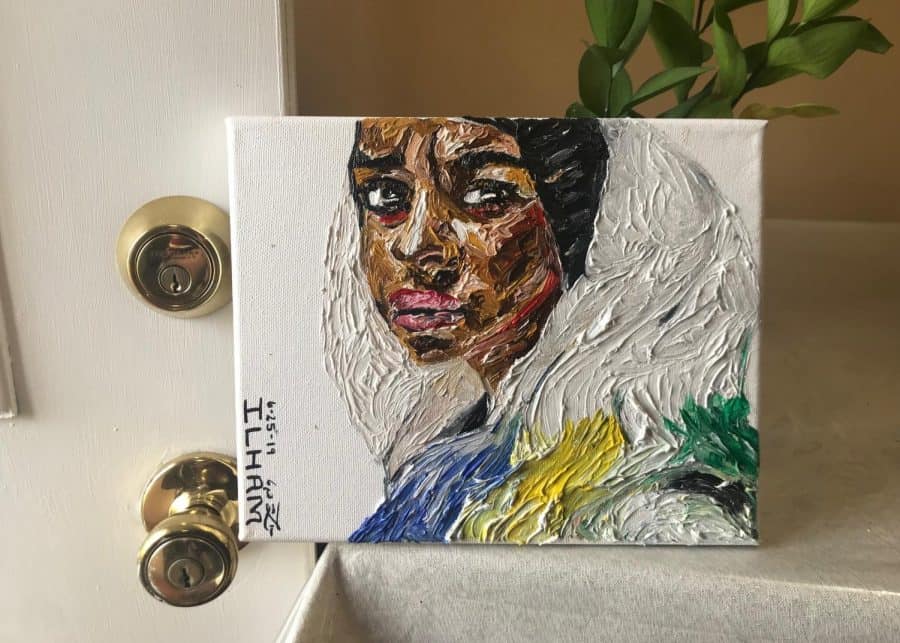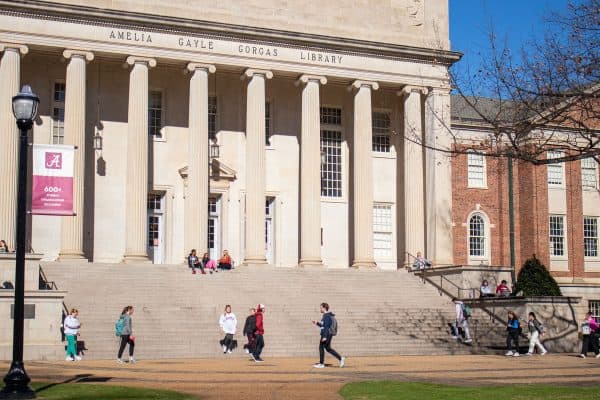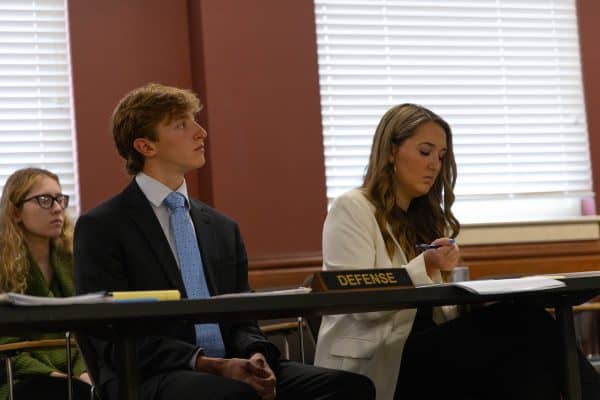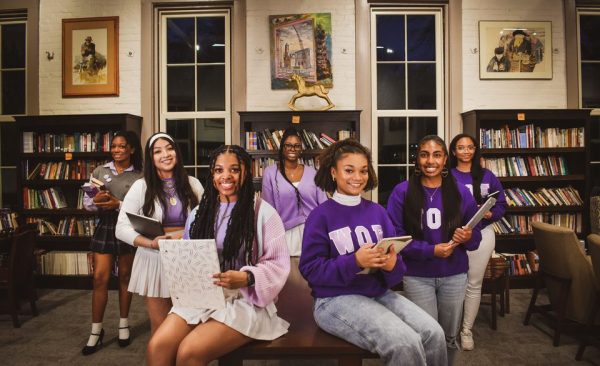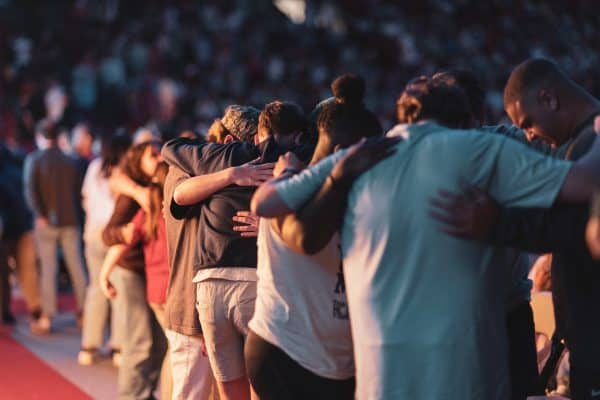UA graduate protests in Sudan as part of ongoing revolution
August 9, 2019
Ilham Ali, a recent University of Alabama graduate and dual citizen of the United States and Sudan, has always had a strong interest in social and political justice. As conflicts in Sudan resulting in the ongoing revolution have escalated, it was only natural for Ali to participate in protest efforts against the current military-led government.
“I’ve always been involved in Sudan, and I go back often to see my family,” Ali said. “I have a lot of friends and family there, and I knew it was definitely time for a change.”
Sudan has been in a peaceful, nonviolent revolution since December 2018. Citizens of Sudan are protesting the current military-held government in favor of a democratic, civilian-led system. Protestors successfully disposed of Omar al-Bashir, Sudan’s dictator of 30 years, in April, but now a military council has taken over rule.
Originally excited by the prospect of a new system, Sudanese people soon began demanding for a transitional civilian government, and the military council in power and opposition settled on a three-year transition to democracy. But quickly, talks broke down, and protesters organized a massive sit-in in Sudan’s capital, Khartoum, that lasted until June.
Ali has been to Sudan twice since the uprising began seven months ago: first, in December and January, and then later this year in May and June. Ali had the opportunity to join the sit-in.
“If you were there, it was really something special,” Ali said. “People were building the society they wanted right there in the camp. People would come in shifts so the sit-in was 24/7 populated with people. It was a really joyful time.”
In June, however, everything changed. At 5 a.m. on June 3, the governing military council gave the order to dismantle the sit-in with appalling force. Ali, who was only a short distance away from the sit-in when the military stormed the camp, said it was an unfathomable atrocity.
Scores of military vehicles invaded as the camp was overrun. There were 70 documented cases of rape, over 120 known deaths and 800 injured. But the real numbers are much higher.
“They threw bodies into the Nile River, but the military took others to different locations to try and hide the real death toll,” Ali said. “It was a horrific time.”
Ali says that people knew what the potential for danger was when the sit-in was happening. A common phrase during violence by paramilitary and security forces for the sit-in was يا انت يا وطنك، جهز عديل كفنك , or “It’s you or your country. Come ready with your coffin.” And, in response to the massacre, total civil disobedience broke out across Sudan.
“All movement stopped. The idea is to totally bring the economy to a grinding halt. Without these direct actions, the country can’t function.” Ali said.
Now, people are waiting on a supposed agreement between the Forces of Freedom and Change – which largely represents the revolution – and the military government, which is meant to be announced by the end of the week. However, the agreement was first set to come out on July 5, so there may still be more delays.
Ali is back in the United States now, preparing to start a full-time job in the next few weeks. When asked if she would continue to be involved in the revolution, she answered with a resounding yes.
“I’m hoping to go back [to Sudan] as soon as I can,” Ali said. “But, until then, I can stay involved online through social media. I think art is a big part of the revolution, too, so I plan on continuing to use art as a way to express the uprising and honor people who have given everything for the revolution.”
Ali explained that a physical distance from Sudan has never been a problem for her and other Sudanese people when thinking about how they can participate in protests. People, she says, can contribute wherever they are. حنبنيهو, or “we will build it,” is an iconic phrase from Sudanese poet Mahjoub Sharif used to talk about Sudanese people building what they dream of daily.
For those who are living outside of Sudan during this time of unrest, “Their hearts, the people that they love, their traditions, are still all in Sudan,” Ali said.

